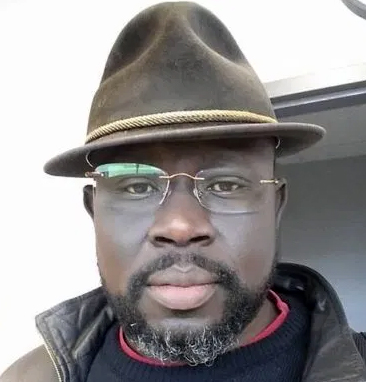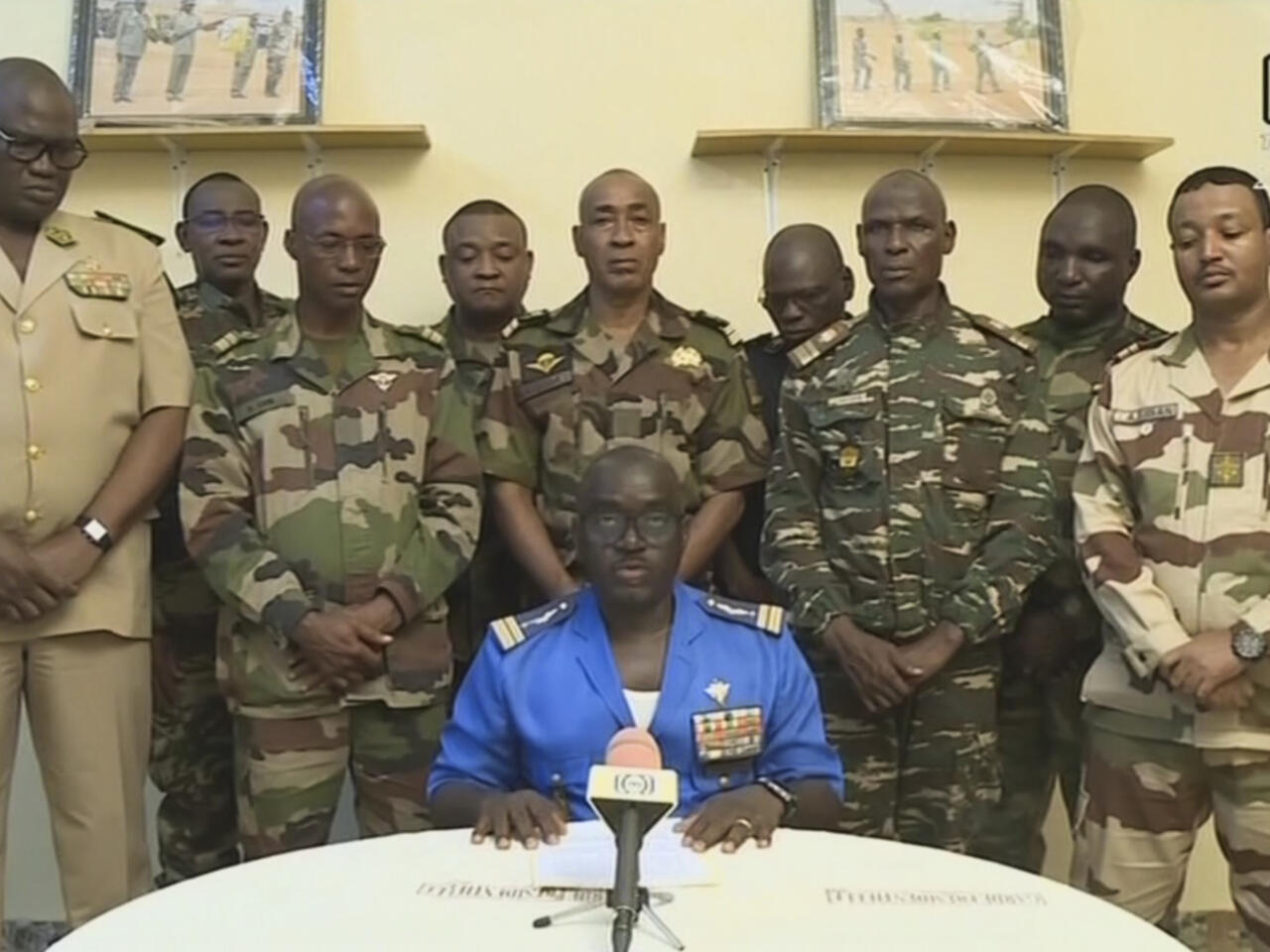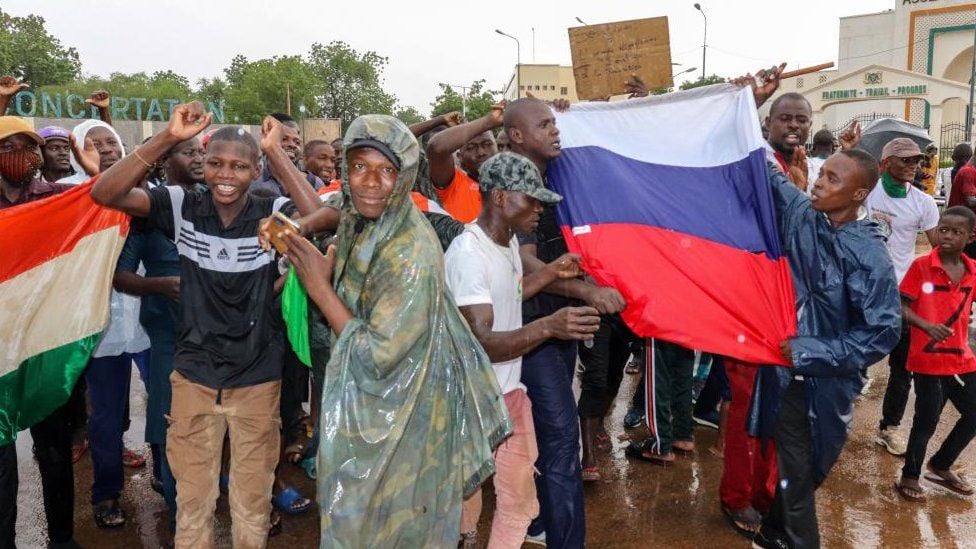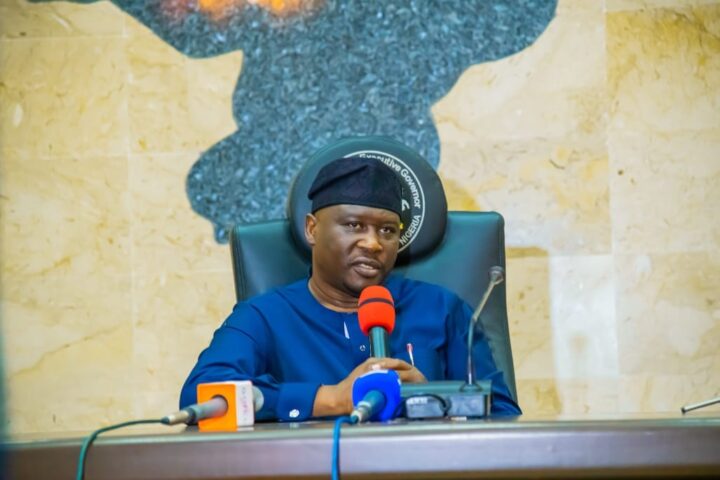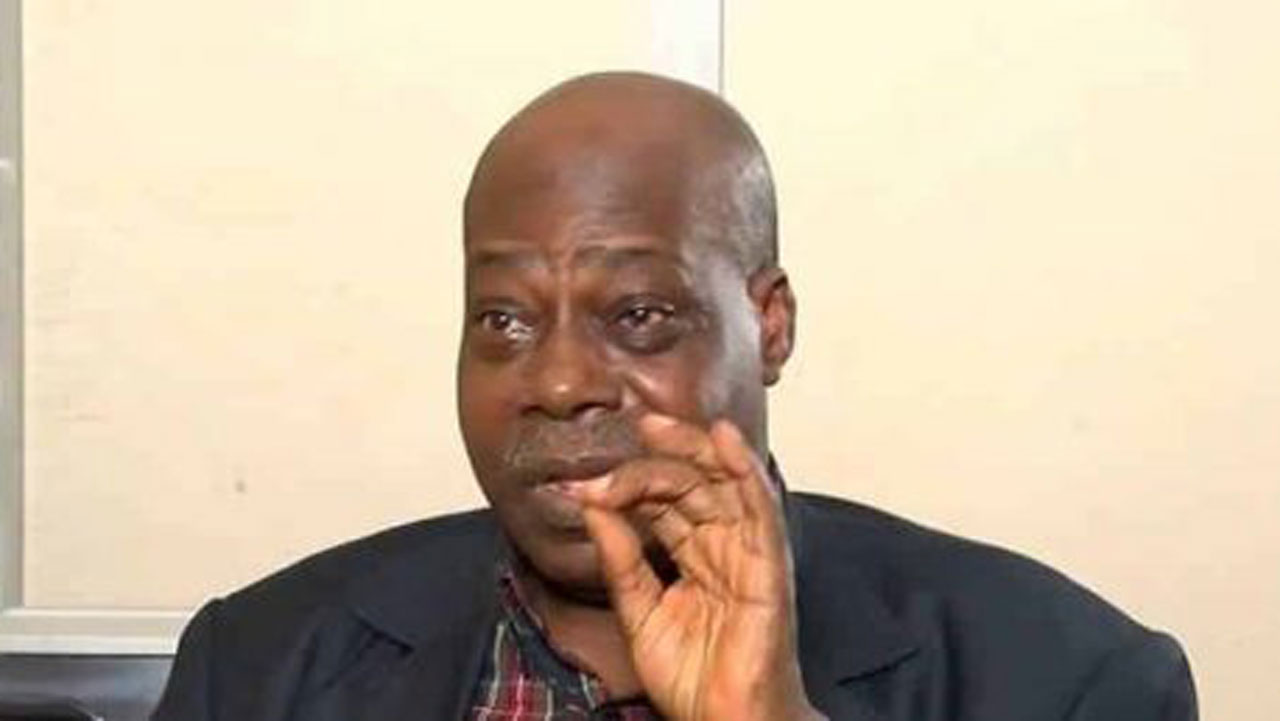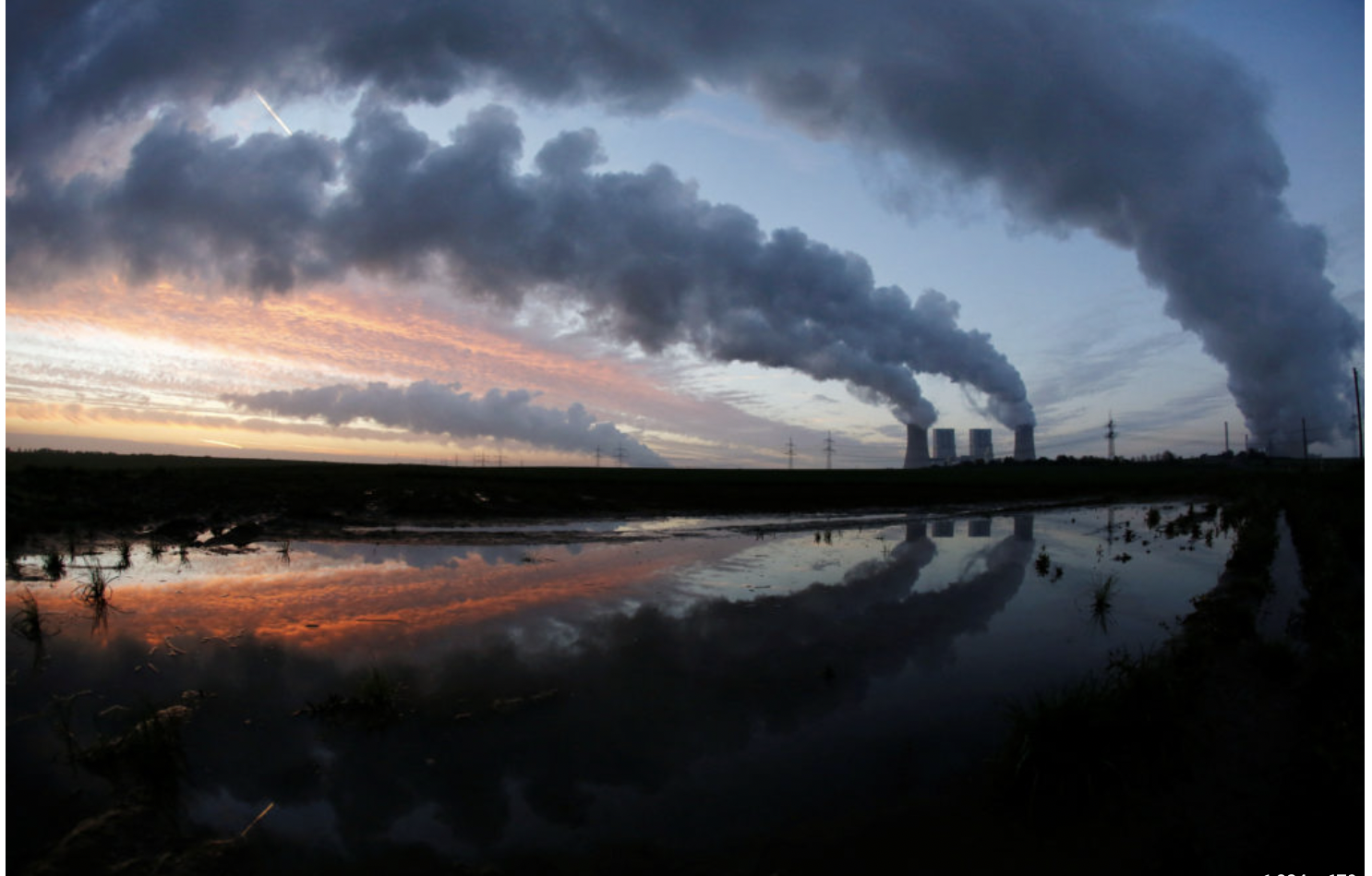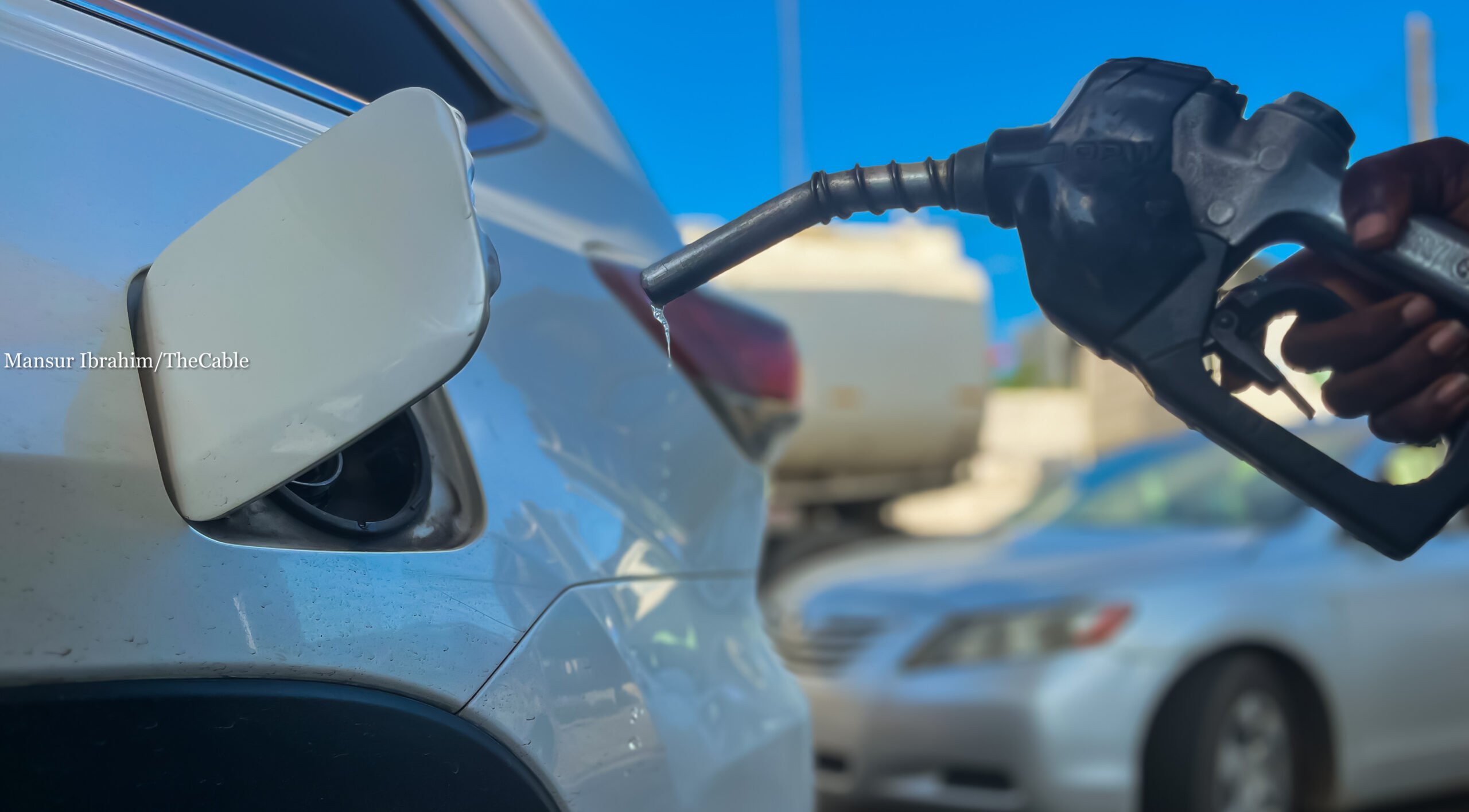For the large part, the recent upsurge in coups in Francophone West Africa is a backlash against French imperialism and neglect. Coups put African people in a Catch-22 situation. Any person of conscience could empathise with Francophone Africa for how it has been pillaged by the coloniser and relegated to a vassal status over the years. Forbidden from determining its own currency France denominated its currency as the CFA. It must save a certain percentage of its foreign earnings in French banks but has no right to withdraw and use this money except France ‘approves’ and even then, at interests determined by Paris. If these issues were fiction, it would be laughable. Alas they are as real as the sun rises from the east.
Truly, anyone fed on the euphoric gospel of the concept of democracy is obliged to agree that every military intervention is an aberration. The big question, we should be asking ourselves is how the West African style of democracy or any of Africa’s pseudo-democratic systems compares with what is practiced in the so-called civilized world.
The deracination of the citizenry through the French assimilation policy does not grant citizens of these countries French privileges of citizenship or easy movement between their countries and France, where life is obviously better. It is important to note that coups are not new in these parts of West Africa. Gnassingbe Eyadema shot through the heart of democracy in 1963 and remained Togo’s leader until death parted him and the state in February 2005. He ruined his country with an iron fist and crippled the opposition to such a level that even when he died, the local lackeys had no way of moving his country forward other than to hand over power to his son! That transition occurred with the active connivance of France.
Bordering Togo is Cameroon, whose senile life president, Paul Biya has held power since 1982. If these are the poster boys of democracy in Africa, with its resultant effect of stagnation, grinding poverty, lack of opportunity and underdevelopment, it is easy to understand why soldiers have played Russian roulette with the ‘democrats’ in their countries.
Advertisement
While Niger has held successful transitions, there is no development in the country that corresponds with its vast uranium or lately its oil reserves. The swiftness with which Nigeriens vandalized the party headquarters of deposed President Bazoum shows how disenchanted the people are from their now beleaguered president. If democracy reflects the popular will of the majority in any given society, it could be argued that whoever enjoys the popular will of society is the legitimate representative of the people. The demonstration by civil society organizations in Niamey, the Nigerien capital is instructive. Even in a real democracy, majority would have their way while the minority have their say.
Unfortunately, politics is not always as simple. There are several reasons why democracy might not hold the same attraction to the people in these areas as they hold to France or even America that is now putting Trump on trial.
Elections and its processes in these regions are a sham in which ruining parties perfect the art of rigging themselves into office, sometimes with the active connivance of established democracies. Even when Western electoral observers return a verdict of failure reflecting the true sense of events, home governments rush to congratulate the ‘winner’ and settle down to doing business with them. This is a tacit support for ‘aint no rules in the game, you can do it anyhow’ thinking often attributed to democracy being an infant in the continent. It is a tacit endorsement of the culture of impunity.
Advertisement
West Africa is a region endowed with all that the West could only dream of. An incredibly good weather that is conducive to mass agriculture almost all year round; human resources that, through the help of Western education and rustic innovation has produced top class expertise in every field of human endeavour. A resilient citizenry that with its struggle is ever ready (if properly mobilized) for the full transformation of its destiny. Despite all these, the citizens wallow in nauseating poverty. Its intelligentsia have been robbed of opportunities to accepting any offer that guarantees peace, security for a right to subsistence in self exile.
African leaders are largely middlemen sitting between Western neo-colonial capitalism and equipped for the perpetuation of the underdevelopment of their countries. They dance to the will of multinationals and have substituted the African concept of sharing with gluttony and avarice. This situation turns most of the citizenry into scavengers at war with others for the crumbs that fall. They muzzle dissent and cripple opposition with impunity. Their emasculation and total control of the instruments of coercion makes dissent completely impossible.
This is the state of things in most parts of West Africa. The chance of changing this system is limited by the fact that the oppressor has full control of the agents of coercion. In this scenario, only a stronger force can torpedo it and this is the setting that makes coups unattractive alternatives that gets mass support.
Without a social backbone to cushion the effects of neocolonial maladministration, Africa will always be prone to coups and attempts at truncating democracy. World Bank/IMF policies have never grown or developed any nation. They increase violence, create mass dissatisfaction and make democracy unenviable and impracticable in our sub-continent.
Advertisement
Where the majority must settle down and watch the comprador bourgeois elements determine its fate and alter the destiny of its youths, any semblance of a challenge to that status quo is usually welcome. While history does not prove coupists to be visionaries with well thought out options or even transition time-tables, they are often accepted as the shortest way out of the perpetuation of ugly situations.
The ’gang-up’ by the regional group – ECOWAS – against General Abdourahamane Tchiani and his men might lead to something unpredictable. As Chairman of the regional talk-shop, Nigeria is leading this campaign as a super power paper tiger in the subregion. It recently made its fifth electoral transition after surviving several coups of its own. Unfortunately, Nigeria is not a shinning example of a democratic country. Even with its ‘successful elections’, most Nigerians are under no illusion that their country is democratically governed.
President Tinubu is living on the hope that the Nigerian judiciary would endorse the electoral coup that brought him to power in May as the Appeal Court set to make a ruling on the real winner of that election. International observers delivered a scathing report of the faulty process and procedure that made Tinubu the winner. The fact that his declaration might be threatened makes him more worried about events in neighbouring Niger.
Nigeria and Niger share a lot in common. While both countries are non-aligned on the level of national language, because Nigeria shares borders with Niger, most of its citizens speak Hausa as a common language and while the CFA is the official currency, most parts of northern Niger accept ‘Yobe’ or the Naira as having better value.
Advertisement
Lately, Nigeria’s insurgency war has spilled over to Niger as thousands of Nigerian displaced persons have found refuge in Niger. Under an economic pact, Nigeria supplies Niger with a fraction of its electricity needs which it has now switched off as part of its sanctions against the military putsch. This may sound cool to Tinubu now, but it may have the opposite of what it is designed to achieve. If Niger decides to dam the river Niger that flows through its country the way Nigeria has done in Kainji, over 80% of Nigeria’s epileptic power supply would collapse. Yet this might be an option for a hostile or even forward-thinking Nigerien leader.
A military adventure in Niger is a dangerous initiative. Contrary to the force of the Nigerian military in the ECOMOG days, that military is stretched thin today with Boko Haram, ISWAP, Biafra agitators and herdsmen that share linguistic and often religious affiliation with their West African kinsmen across the length and breath of the ECOWAS sub-region.
Advertisement
The threat of fellow putschists in Mali, Guinea, Mali and Burkina Faso should not be taken lightly. While Russia has been mentioned, it is foolhardy for Russia to be involved in anything but a proxy war outside its shores. It has its hands full with Ukraine supported by Western NATO aggressors. A military offensive exacerbates this situation at Nigeria’s detriment. Such offensive might lead to a war with unpredictable outcome albeit potentially deleterious impact.
The best option to dealing with the Niger crisis is to explore available diplomatic channels and avoid provoking the Nigerien henchmen and their sub-regional allies. The issuance of ultimatum and threats of violence would achieve the exact opposite of the effect. It is foolhardy for people who committed treason to gain power to return it back to the people that are likely to execute them or send them to long prison terms. The Niger situation calls for tact, dialogue and diplomacy. Africa can least support another war, least of all a regional one. It has its arms full with insurgencies and trouble from coast to coast.
Advertisement
Asaju, a journalist and public affairs commentator writes from Ottawa, Canada.
Advertisement
Views expressed by contributors are strictly personal and not of TheCable.
Add a comment
